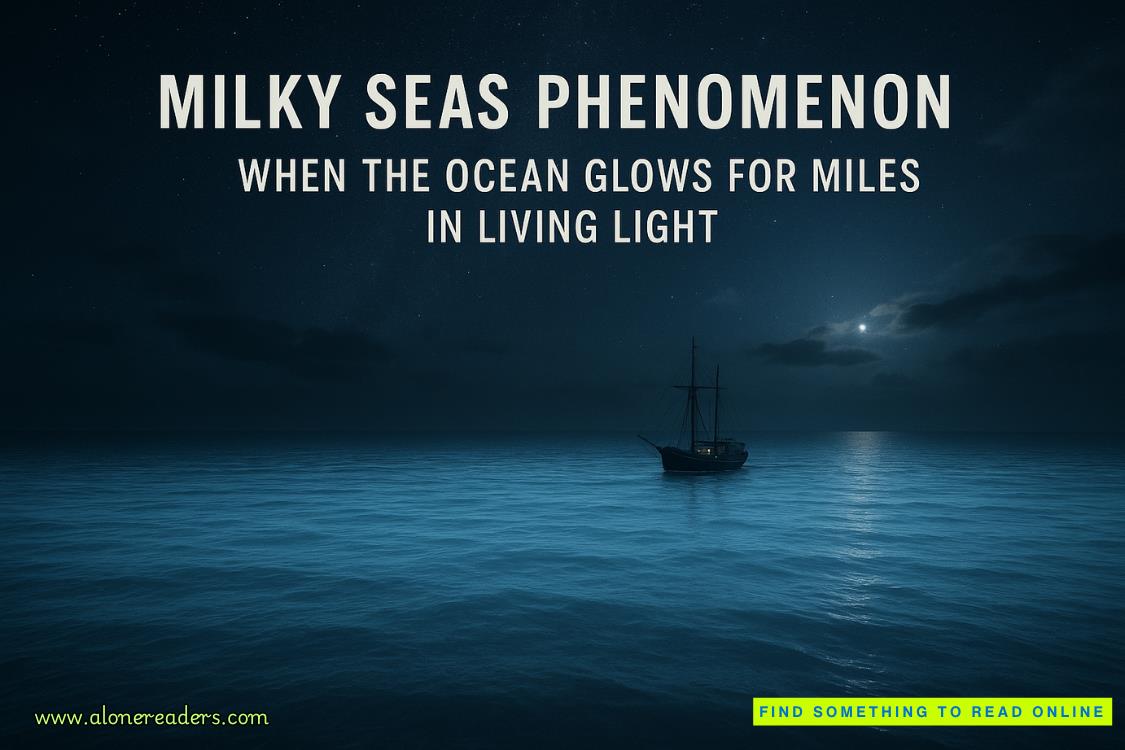Page 39 of Escape to Tuscany
Achille kept on using the BMW even when the war was over. It was no good for racing, much too heavy, but he painted it red to match his MM 125 and rode it for fun on the roads around Romituzzo. When he moved away to Florence, he left it with my parents to look after until he could pick it up. Of course, he never did. Some years later – when my parents were themselves packing up to move – a man came to the house asking about the bike. He was an American: a former GI and trained mechanic who had stayed on in Italy rather than go back and live under segregation.
My father almost chased him away. He didn’t understand why someone who had fought against the Nazis now wanted to buy a piece of their military equipment. He didn’t understand, until the man told him that he didn’t want the bike because it was German. He wanted it because it had belonged to Achille.
‘Maybe it feels like I’m trying to buy a piece of your memories,’ he said, ‘and if that’s the case, I’m very sorry. You just tell me to go and I will. But I have an American client in Florence who’s desperate to get hold of that motorbike. If you do want it off your hands, then I promise you he’ll pay very well. I can give you a down payment right now.’ And he took a wad of bills from his wallet and offered them to my father.
Papà didn’t even ask what the final price would be. He hated that bike, and he needed the money, too. He was in too much pain by then to work. So he was more than happy to see the BMW go, and I don’t think he’d have cared if the deposit was all he got. It was already more than the machine could possibly be worth in his eyes. But the balance came through just a few days later, and it was a spectacular amount of money. Enough to keep my parents for the rest of their lives.
I’ve often wondered about the identity of that mysterious client. Some friend of Achille’s racing sponsor Pierfrancesco, perhaps, or even Pierfrancesco himself. But it’s perfectly possible that it had nothing to do with him at all; that some wealthy foreigner simply wanted a piece of Achille’s legacy and sent this kind man who spoke Italian to get it for him. He had that effect on people, Achille. He still does.
16
Tori
‘Am I too late?’ Marco says. ‘My ten o’clock meeting overran. I’m so sorry.’
‘Not at all,’ I say as I open the door to let him into the flat. He’s back in his usual sleek-suit no-tie garb, and he’s very attractively flustered. ‘I said I’d call Richenda… now, actually. Shit.’
‘You’ll be fine,’ he says, putting a hand on my shoulder. ‘You will. We must have gone over this twenty times already.’
We really have, too. It’s Monday morning and Marco spent most of Sunday here, helping me work through those last boxes. There was far more material than we could actually read but, between what we did manage and a judicious bit of internet research, we put together a pretty compelling presentation. I just have to convince Richenda to listen to the whole thing. I sit down on the sofa and open video chat on my laptop, checking my image on the webcam.
‘You look great,’ Marco says, sitting down next to me. I can feel the blood rise to my cheeks – such a cliché, I know.
‘Shove over,’ I say. ‘If Richenda sees you, she’ll have ten thousand questions and I’ll never get round to Achille.’
‘Okay, okay.’ He scoots along to the end of the sofa, and I take a deep breath and call Richenda.
‘Tori.’ She’s sitting at her desk, looking frazzled and cradling a mug of coffee. Not a great start, I’ll admit. ‘Got your line ready?’
‘Yes. But first I have to tell you a story.’
Richenda rolls her eyes. ‘Tori—’
‘I know. That’s not what you asked for and I can see you’re under pressure, but I need you to listen. You’ll understand at the end, I promise.’
‘Can you tell me in less than ten minutes?’
‘Absolutely.’
‘All right then,’ she says, and leans back in her chair. ‘Go.’
‘On the twentieth of February, 1928,’ I begin, ‘in the town of Romituzzo in the Valdana region south of Florence, an extraordinary sportsman was born. His name was Achille Infuriati.’
‘Never heard of him,’ Richenda says.
I force a smile. ‘You’re not a Formula One fan, are you?’
‘Urgh, no. Husband number one was, sadly. Terrible bore. Mind you, I always had a bit of a soft spot for James Hunt. Nowhe…’
‘Achille Infuriati is a legend in the racing community,’ I plough on. ‘He’s known – and worshipped – as the greatest Formula One driver Italy never had. Achille was beautiful, talented and fearless, just like his namesake. And, like his namesake, he died young.’
It all sounds so artificial to me, so flat and stilted, but Richenda is actually starting to pay attention. I shoot a quick glance at Marco and he gives me a smile.
‘He grew up around cars,’ I say. ‘His father was a mechanic, and Achille was tinkering with engines as soon as he could hold a spanner. As a teenager, he worked for the Italian Resistance. He routinely risked his life to run errands and fix engines for the partisans in the hills of the Valdana, dashing about on his father’s old red motorbike. It wasn’t the most discreet method, but he usually kept out of the way of the Nazis. Until, one day, one of their dispatch riders spotted him and gave chase.’
‘And then what happened?’ Richenda asks, right on cue. I smile, and this time it isn’t forced.
‘We don’t know exactly. But we do know that, from then on, Achille made his runs on a stolen Wehrmacht BMW R12.’















